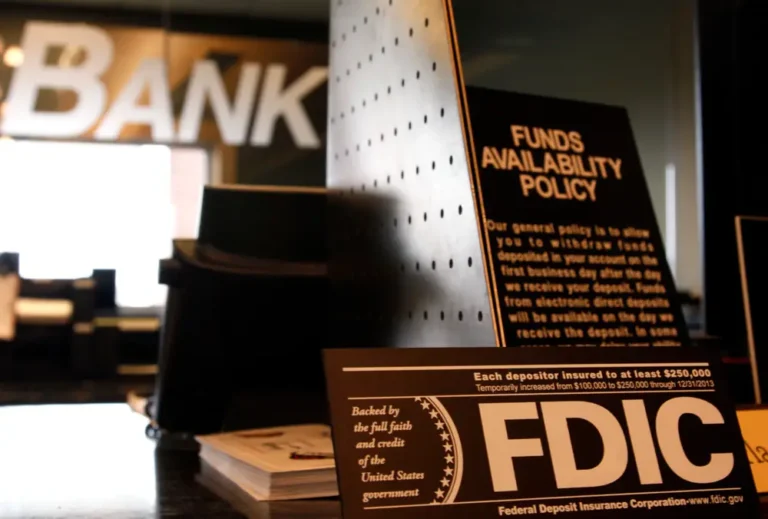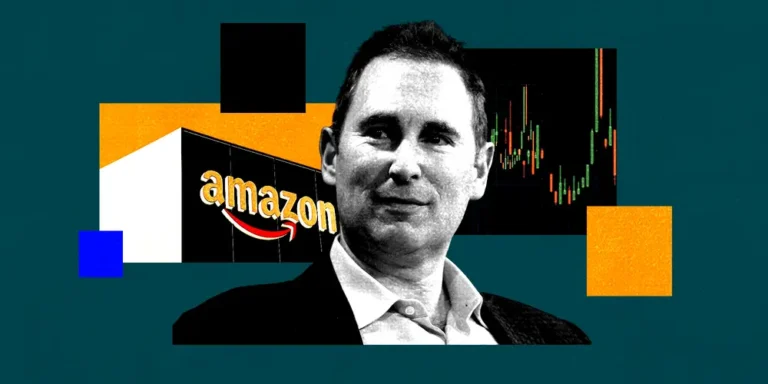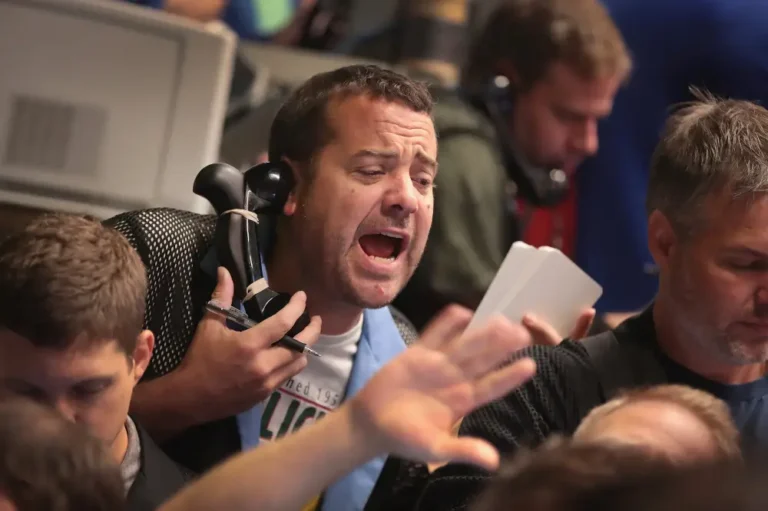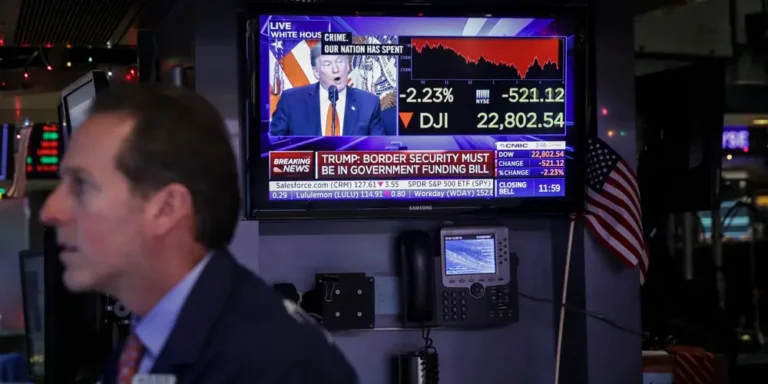Netflix is Hollywood’s most confident company this summer, with a soaring stock price and a global content machine to help it ride out the actors’ strike: ‘They just aren’t worried’

- Writers’ and actors’ strikes notwithstanding, Netflix has been riding high.
- Its stock has soared and it’s added 5.9 million subscribers since its crackdown on password sharing.
- To outsiders, the company is projecting confidence and a business-as-usual vibe.
It’s a bad time for Hollywood, with actor and writer strikes halting productions. The box office revival of “Barbenheimer” has given distributors Warner Bros. Discovery and Universal cause to rejoice, but their streamers are still losing money, and the road to profitability in that business remains rocky and steep.
Netflix, on the other hand, does not appear to be concerned. Its stock has risen roughly 150 percent since bottoming out last year, while Disney, Warner Bros. Discovery, and other media stocks have declined.
And Netflix’s crackdown on password sharing, as well as its cheaper, $7-per-month ad tier, are beginning to pay off. It had a strong second quarter, adding 5.9 million new subscribers. Netflix had “the four single largest days of US user acquisition” in the four and a half years that analytics firm Antenna has tracked it in the first six days after its US password-sharing crackdown went into effect on May 23. In addition, Netflix added 3.5 million subscribers in June, the service’s best month since Antenna began tracking it.
According to Antenna, the ads plan has grown in popularity since its launch in November, with 17% to 19% of new subscribers signing up for it in the second quarter. Netflix’s advertising business isn’t yet material to its business, executives said on the earnings call, but as the popularity of its advertising plan grows, so should its advertising business.
Netflix’s robust global content machine should also assist it in ensuring that subscribers continue to see plenty of new content during the strike, at least in the short term. According to recent conversations with people who regularly deal with the streamer, the war chest appears to be boosting confidence within the company, with executives projecting a business-as-usual vibe.
“I haven’t noticed any change,” one top agent said. “They simply aren’t concerned, which is why they attract so much criticism.” They have a lot of stuff.”
“There’s a feeling of, ‘We’ve spent a ton on content, and we were paying a premium they weren’t getting before,'” a producer said, referring to Netflix’s history of writing big checks to build its content library while also killing traditional Hollywood backend deals, which used to give talent more upside from a project’s success. Many writers blame Netflix for making it more difficult to make a living, which was one of the conditions that led to the strike.
Wall Street isn’t worried about it.
“We believe there is still a lot to like about NFLX at this level for long-term investors,” Evercore ISI analyst Mark Mahaney wrote in reiterating his outperform rating for the stock.
Wedbush also expressed optimism, stating that Netflix is “well-positioned in this murky environment as streamers shift strategy.”
The overall ad market has been soft, which may dampen Netflix’s ambitions in that market for the time being. Some advertisers are also skeptical of the streamer’s ability to meet their expectations for automated ad buying. “How will you ensure that the quality of ads from third-party DSPs does not harm the Netflix brand?” In a note, LightShed Partners inquired.
Advertisers have also complained about Netflix’s limited audience size for the ad tier (which is still only 2% of total subs) and its use of Microsoft to handle ad sales, prompting questions about whether the company will build or buy its own ad sales systems.
Netflix’s subscription growth is increasingly coming from overseas, where lower pricing power may reduce its average revenue per user. The strike-related production shutdown has returned $1.5 billion in free cash flow to Netflix, but if the strike continues, Netflix will suffer from a lack of new content at some point.
There are also concerns about Netflix’s ongoing investment in video games and its desire to acquire more assets, according to Jefferies.
But, for the time being, it’s difficult to be humble when you’re the only profitable streamer game in town.






